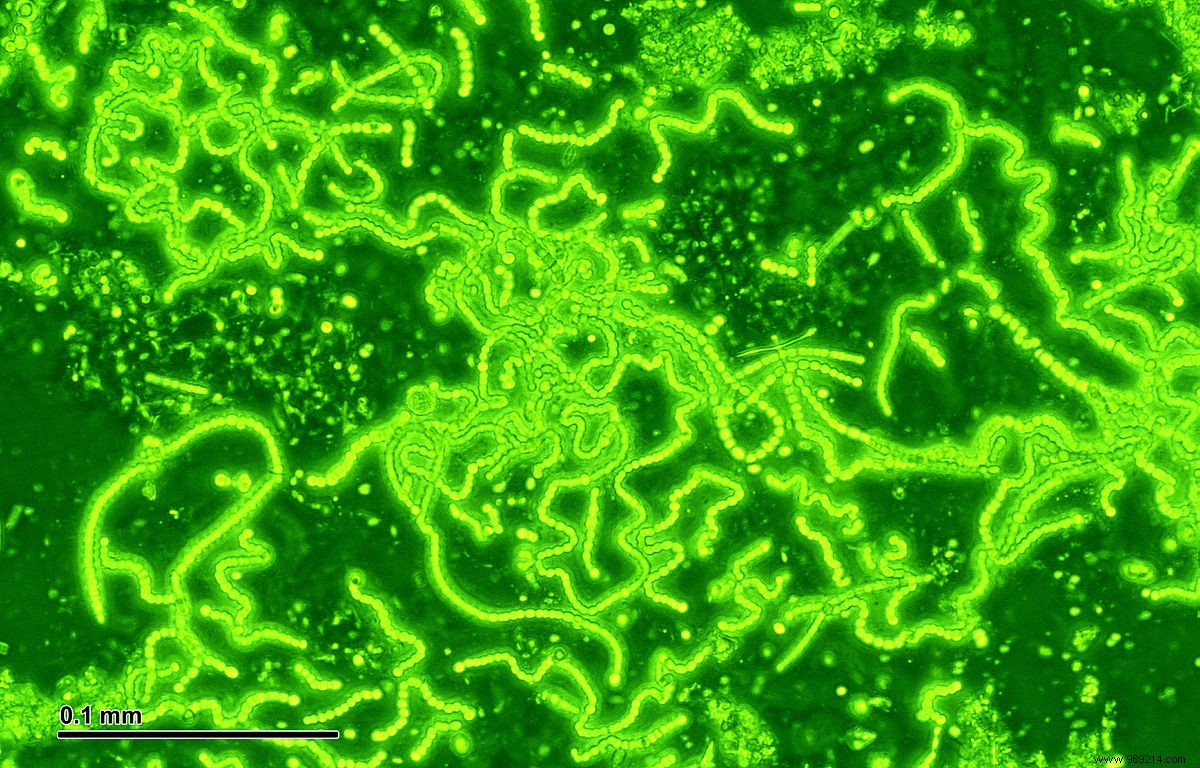In Portugal, a researcher is working on ways to use marine microorganisms to improve human health without damaging that of the oceans. He believes that humanity must exploit the oceans in a sustainable way by studying microorganisms, 90% of whose species have never been studied.
Although they still cover 71% of the earth's surface, the oceans are a world still very little known . There are indeed no less than two million marine species to discover. In a report published by Euronews on March 30, 2021, Prof. Vitor Vasconcelos, director of the Interdisciplinary Center for Marine and Environmental Research (CIIMAR) at the University of Porto (Portugal), believes that scientists are probably spending more time studying space than the oceans. However, according to him, the oceans can represent one of the solutions to improve human health . The point is, we must first understand how these can provide half of the oxygen available on Earth.
In addition, these same oceans contain many organisms that can be studied. This could make it possible to find new solutions in terms of therapies. According to Vitor Vasconcelos:“We can imagine, for example, using cyanobacteria or microalgae, organisms that have been present in the oceans for more than three and a half billion years . So they have withstood different environments; as a result, they developed mechanisms to have molecules that today can be used to treat cancer, malaria, reduce obesity, or tackle other diseases that we know of on our planet." /P>
At CIIMAR, researchers study several forms of marine life, including cyanobacteria. Known for their high toxicity, they could have medicinal properties. The fact that their compounds are very varied is a detail motivating the hope of future very important discoveries . It is indeed possible to treat any disease provided that the molecule allowing it is found.

For Vitor Vasconcelos, today it is very important to act in a sustainable way. After intensively exploiting the oceans with overfishing, he thinks that microorganisms should now be isolated and cultivated in the laboratory. However, the range of possibilities seems very wide. Vitor Vasconcelos estimates that more than 90% of microorganism species seascapes have not yet been studied.
In 2019, an international study increased the number of known ocean viruses from 16,000 to almost 200,000. The researchers have provided the most comprehensive catalog to date of viruses found in the world's oceans. Understanding viral populations in the ocean environment is essential insofar as viruses have an impact on all marine plankton organisms. Indeed, viruses can modify the population structure of bacteria, archaea, protists and other small animals.